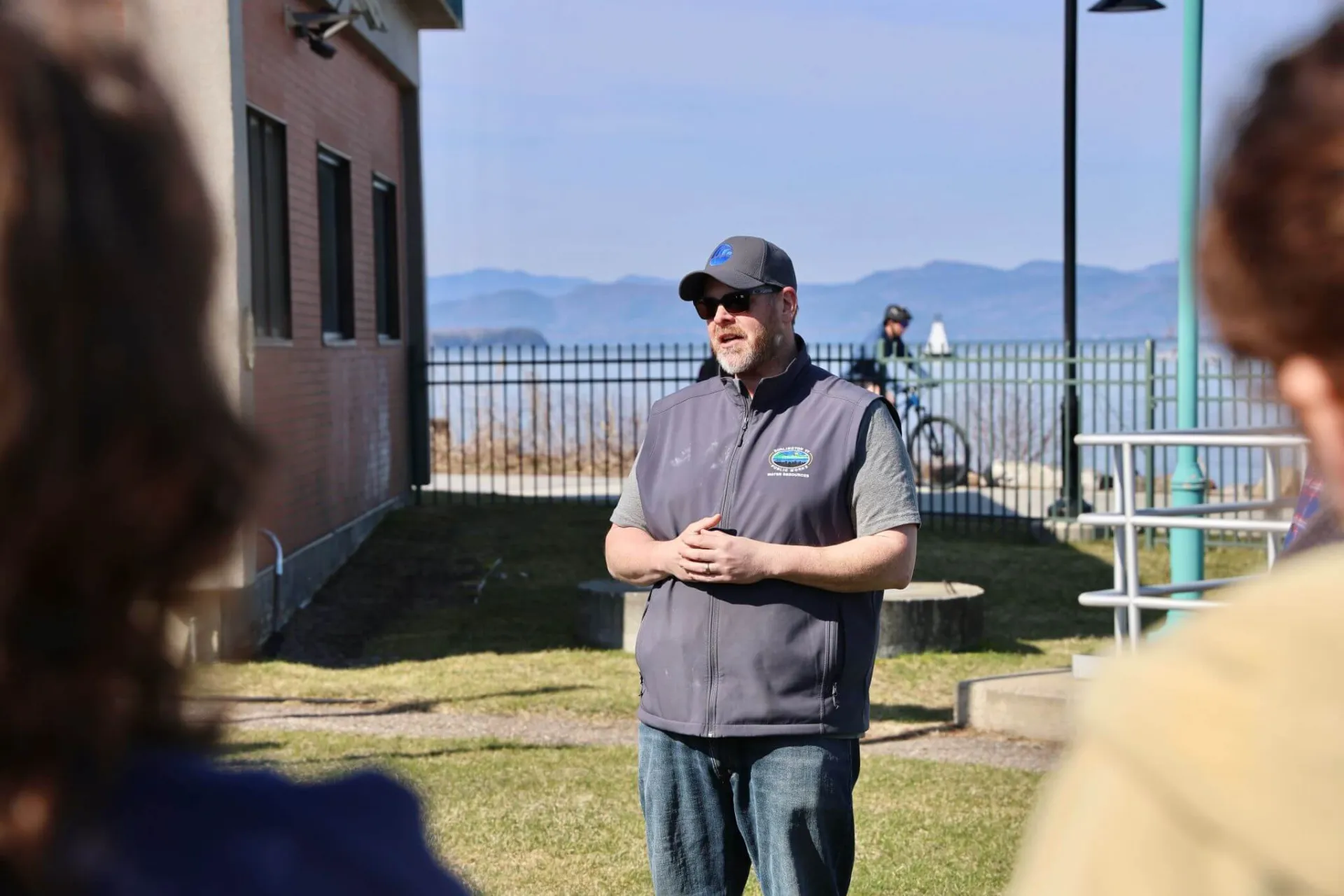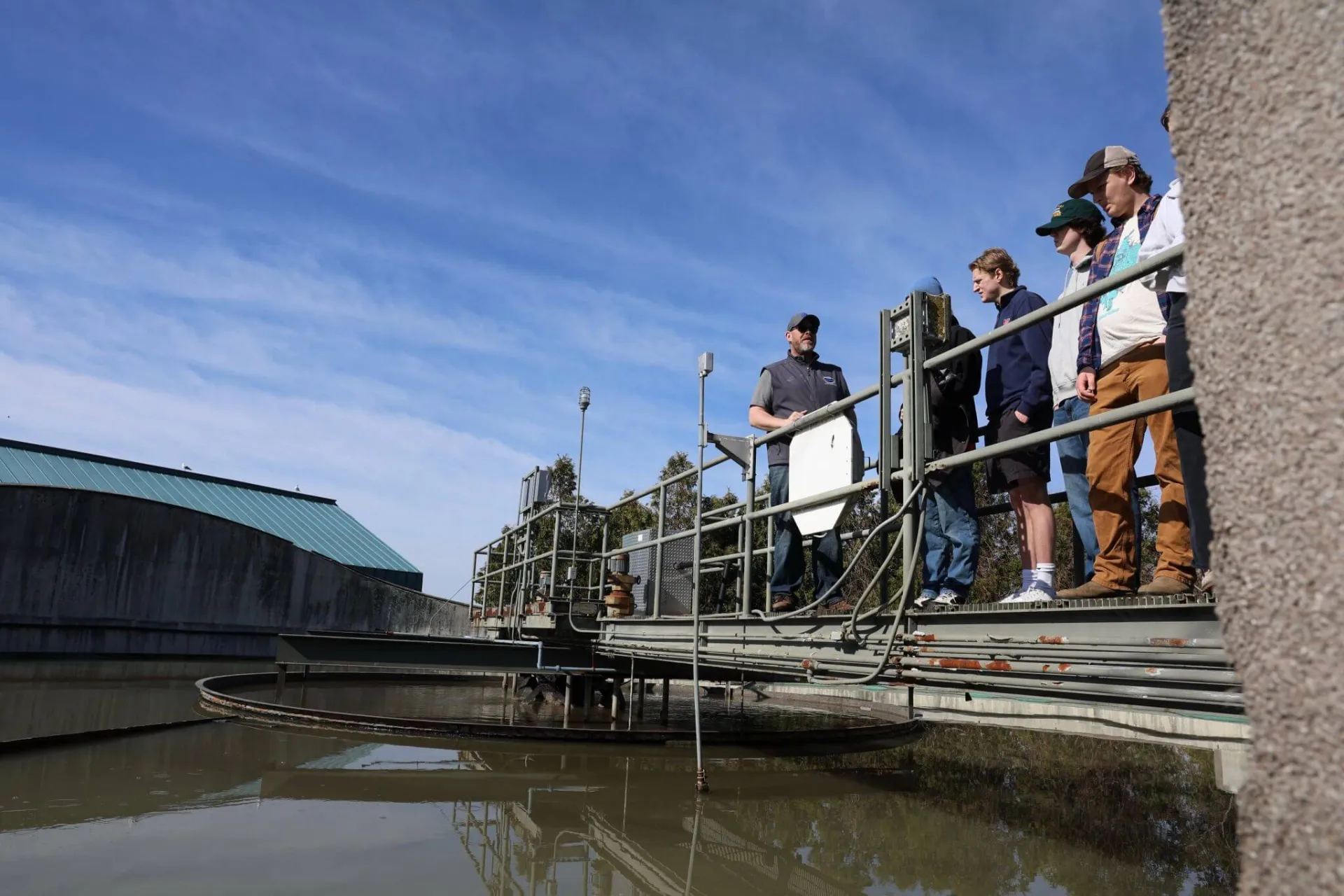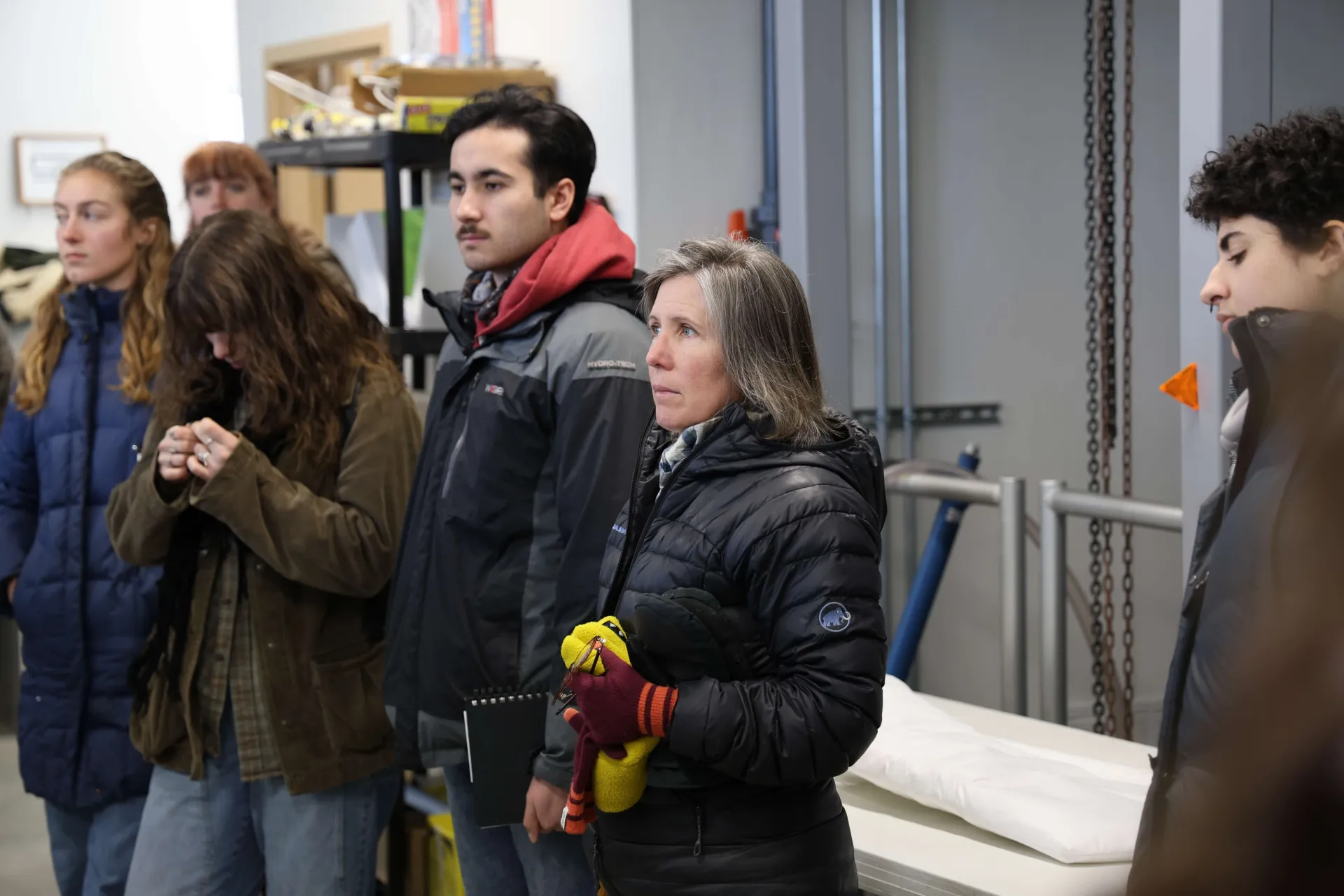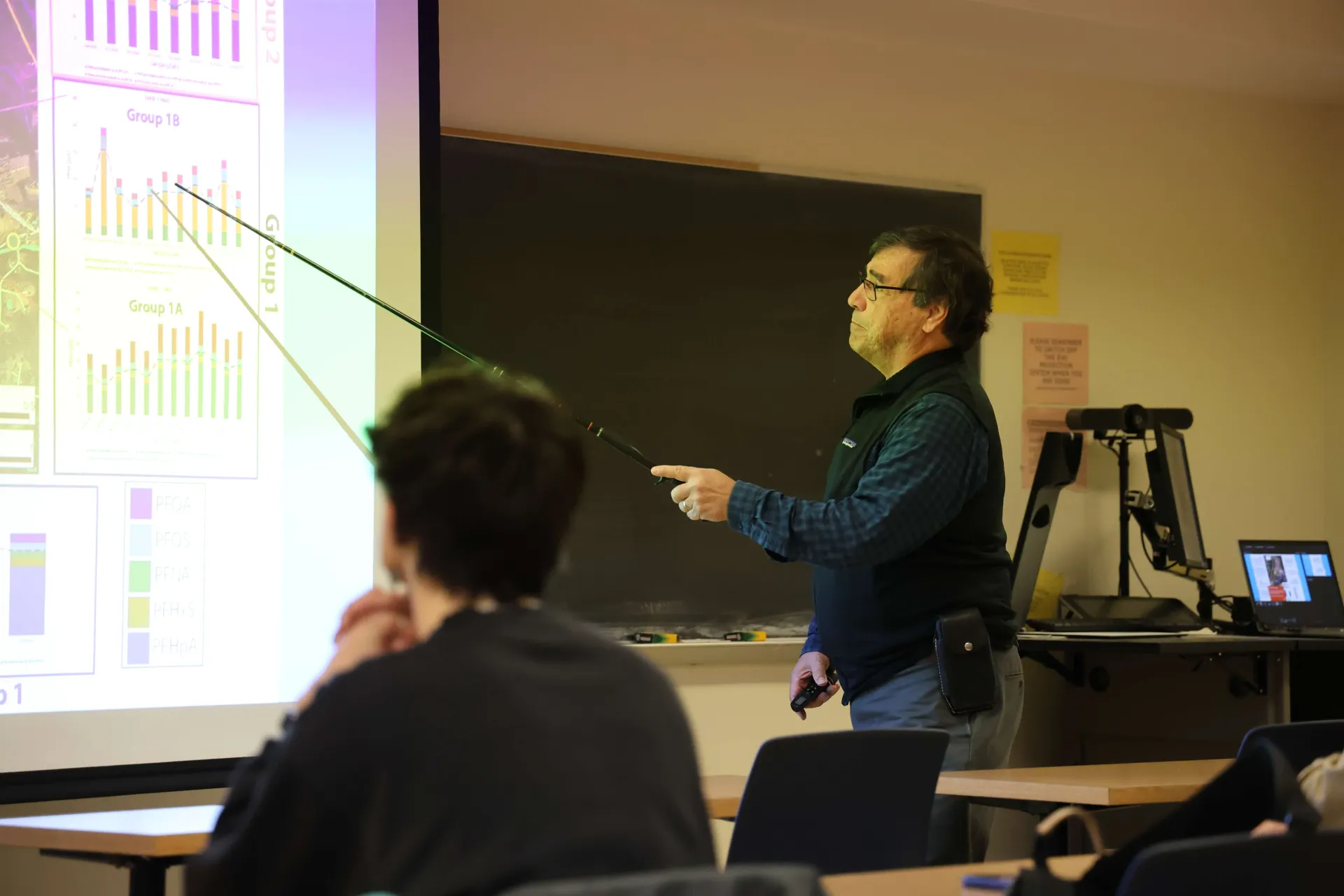
Maintaining Safe Drinking Water & Wastewater Systems
Safe drinking water and wastewater treatment are critical for public health and environmental protection; allow for denser housing development; and support businesses, schools, and health care facilities. Well-trained, experienced operators are vital to water and wastewater systems.
Water Resources Institute & Vermont Rural Water Association Partnership



Why This Matters
Access to clean drinking water and proper wastewater treatment is a fundamental human right and a core issue of environmental justice. In rural communities, the ongoing workforce shortage threatens the ability to provide these essential services.
Ensuring Equitable Access to Essential Water Services
By developing a skilled and diverse workforce, the project ensures that rural water and wastewater systems can continue to operate effectively, even as operators retire. This is critical for maintaining public health standards and environmental integrity in Vermont’s rural areas.
Rural communities often face higher risks of inadequate water and wastewater services due to workforce shortages and limited local resources. By addressing these shortages, the project helps ensure that residents have continued access to reliable water services.
With the rise of emerging contaminants like PFAS (per- and polyfluoroalkyl substances), it is especially important that skilled water operators are available to protect communities from exposure. By training a new generation of workers, the project helps ensure communities are implementing best practices and complying with new state and federal regulations.
Vermont’s rural communities are particularly vulnerable to the impacts of climate change, such as flooding. By growing and training a resilient workforce capable of responding to natural disasters and maintaining water systems during crises, the project ensures that these communities can better withstand climate-related challenges, safeguarding public health and environmental justice.